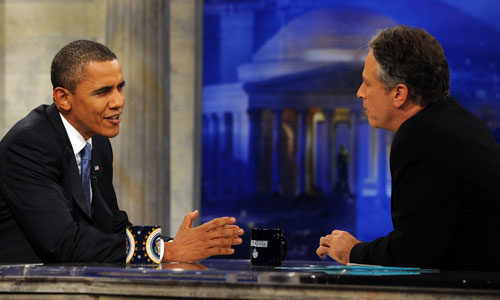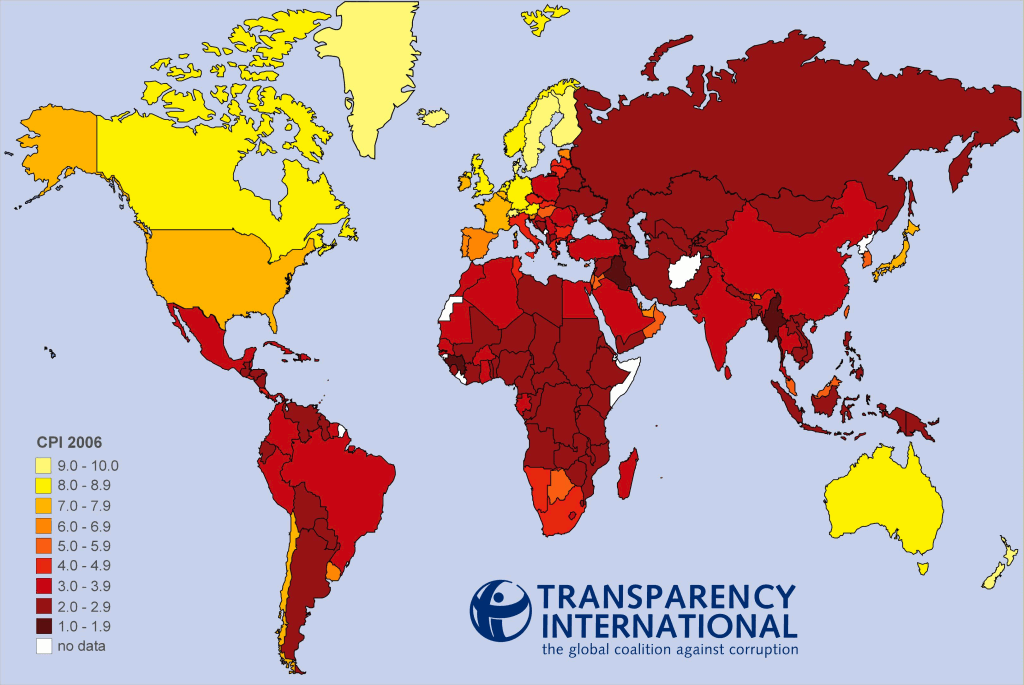In Canada you can watch the Stewart-Colbert “Rally to Restore Sanity and/or Fear” at The Comedy Network. Everywhere else you can watch it at Comedy Central.
Author Archives: Michael Happy
Benito Mussolini
httpv://www.youtube.com/watch?v=l9gm5xAjT2w
I wish I could have found a better version of this famous clip, or at least one with sound. But the seventeen seconds of clownish facial expressions here capture perfectly how, their terrifying capacity for evil aside, people like Mussolini are always ludricrous creatures.
On this day in 1922 Benito Mussolini became prime minister of Italy.
Frye in “Two Italian Sketches, 1939” describes ascending to a mountain village in the hope that he might be allowed to “forget about Mussolini for a few hours”:
When we get there we find, however, that the town has been made into a “national monument” and Mussolini’s plug-ugly sourpuss is plastered all over it. His epigrams, too. For every conspicuous piece of white wall in Italy is covered with mottoes in black letters from his speeches and obiter dicta–the successor to the obsolete art of fresco-painting. One of them says, with disarming simplicity, “Mussolini is always right.” “The olive tree has gentle and soft leaves, but its wood is harsh and rough,” says another more cryptically. “War is to man what maternity is to woman,” says a third. “The best way to preserve peace is to prepare for war,” says a fourth, and it looks just as silly in Italian as it does in English. Another one of the few not of Mussolini’s authorship reads: “Duce! We await your orders.” Up here they present us with “We shoot straight.” (CW 11, 189)
TGIF: Dancing Hands
httpv://www.youtube.com/watch?v=RTJANr7SCeU
Irish dancers Suzanne Cleary and Peter Harding expand what it means to dance. The song is “We No Speak Americano” by the Australian duo Yolanda Be Cool.
(Thanks to Stacey Clemence for the tip.)
“Don Giovanni”
httpv://www.youtube.com/watch?v=shMKaRELm7g
A superb rendition of the finale in a 1990 production at the Metropolitan Opera
On this date in 1787 Mozart’s Don Giovanni premiered in Prague.
Frye in “A Conspectus of Dramatic Genres”:
The verbal action of Figaro is comic and that of Don Giovanni tragic, but in both cases the audience is exalted by the music above the reach of tragedy and comedy, and, though as profoundly moved as ever, is not emotionally involved with the discovery of plot or characters. It looks at the downfall of Don Juan as spectacular entertainment, much as the gods are supposed to look at the downfall of Ajax or Darius. (CW 21, 115)
Quote of the Day
Obama on The Daily Show last night
Public Policy Polling acknowledges that there’s been a surge in support for the Democrats among likely voters, but it probably isn’t enough.
One of the biggest hopes for Democrats heading toward election day has been that the party’s voters will get more engaged as the election comes closer, helping to mitigate its losses. A PPP analysis of 9 states where we’ve polled in October and also conducted a survey in August or September finds that the likely electorate for this fall is trending more Democratic- but not nearly to the extent the party needs.
As Frye says in The Double Vision, “Hope springs eternal, it just tends to spring prematurely.” We’ll know soon enough.
Meanwhile, Obama made an appearance on The Daily Show last night in the hope of drawing that all important youth vote to the polls. It was a good humored but still robust exchange. Jon Stewart pushed Obama hard on the disappointed expectations of the liberal base. But Obama pushed back and pointed out that much has been accomplished against long odds.
Video here.
Stewart and Colbert’s “Rally to Restore Sanity And/Or Fear” here.
“Activist Tells of Torture in North Korea Prison”
That’s the headline of a story in the New York Times today.
Notice that the editors have no problem using the word “torture” when it is not committed by Americans.
Francis Bacon
“Self Portrait,” 1976
Today is painter Francis Bacon‘s birthday (1909-1992).
Frye in “The Function of Criticism at the Present Time”:
It is vulgar for the critic to think of literature as a tiny palace of art looking out upon an inconceivably gigantic “life.” “Life” should be for the critic only the seed-plot of literature, a vast mass of potential literary forms, only a few of which will grow up into the greater world of the verbal universe. Similar universes exist for all the arts. “We make to ourselves pictures of facts,” say Wittgenstein, but by pictures he means representative illustrations, which are not pictures. Pictures as pictures are themselves facts, and exist only in a pictorial universe. It is easy enough to say that while the stars in their courses may form the subject of a poem, they will remain the stars in their courses, forever outside poetry. But this is pure regression to the common field of experience, and nothing more; for the more strenuously we try to conceive the stars in their courses in non-literary ways, the more assuredly we shall fall into the idioms and conventions of some other mental universe. The conception of a constant external reality acts as a kind of censor principle in the arts. Painting has been much bedevilled by it, and much of the freakishness of modern painting is clearly due to the energy of its revolt against the representational fallacy. (CW 21, 73-4)
Quote of the Day: The Imagination and the Electoral Process
From “The Vocation of Eloquence” in The Educated Imagination:
“During an election campaign, politicians project various images on us and make speeches which we know to be at best a carefully selected part of the truth. We tend to look down on the person who responds to such appeals emotionally: we feel he’s behaving childishly and like an irresponsible citizen if he allows himself to be stampeded . . . What the responsible citizen uses is his imagination, not believing anybody literally, but voting for the man or party that corresponds most closely, or least remotely, to his vision of the society he wants to live in. The fundamental job of the imagination in ordinary life, then, is to produce, out of the society we live in, a vision of the society we want to live in.” (85-6)
Early Voting: What Does It Mean?
httpv://www.youtube.com/watch?v=1aBaX9GPSaQ
Easily the funniest Simpson’s bit in more than a decade: Homer tries to vote for Obama on a rigged voting machine. (Click on the image above and hit the YouTube link.)
Michael P. McDonald has posted the numbers for early voting in the midterms. It’s a complex situation with lots of variables, but the Democrats seem to enjoy the edge for those opting to vote early, which may be a good sign for overall voter turnout. I have seen suggestions that this phenomenon may be the Obama effect: his campaigning has been strong enough that he’s put people in the mood to vote early; particularly because, as we know, long lines seem always to occur exclusively in Democratic districts on election day, and that people of color are more susceptible to some form of harassment by local and state police when they try to get to the polls. As McDonald points out, this does not necessarily mean that Democrats will prevail on election day, but that it might not be the bloodletting that has Republicans smacking their lips.
A sample from McDonald’s article:
We appear to have entered a new era of early voting where Democrats are the ones more likely to vote early. The 2010 early voting numbers are better for Democrats than 2006 but are better for Republicans than 2008. Not surprisingly, Democrats are comparing the current numbers to 2006 while Republicans are comparing to 2008. We are likely somewhere in-between 2006 and 2008, but we do not know by how much, which leaves ample room for both parties to spin.
If voting behavior changed in 2010, a hanging question is why? Why would Democrats now be of the type more likely to vote early? I offer two plausible explanations. First, that Democrats learned about early voting options in their state and like using it. This may be particularly true for states that offer in-person early voting at special polling places, since there is plenty of evidence that this is the favored voting method for Democrats. Second, that Democrats developed early voter mobilization organizations in 2008 that they are carrying forward to 2010. I suspect both explanations contribute to the story.
Chart of the Day: Transparency International’s Corruption Index, 2010
A bigger, interactive version of the chart, as well as rankings, here. Denmark, New Zealand and Singapore are at the top of the clean list. Canada’s at number six. The U.S. is at number 22, just edging out Uruguay, France and Estonia.





